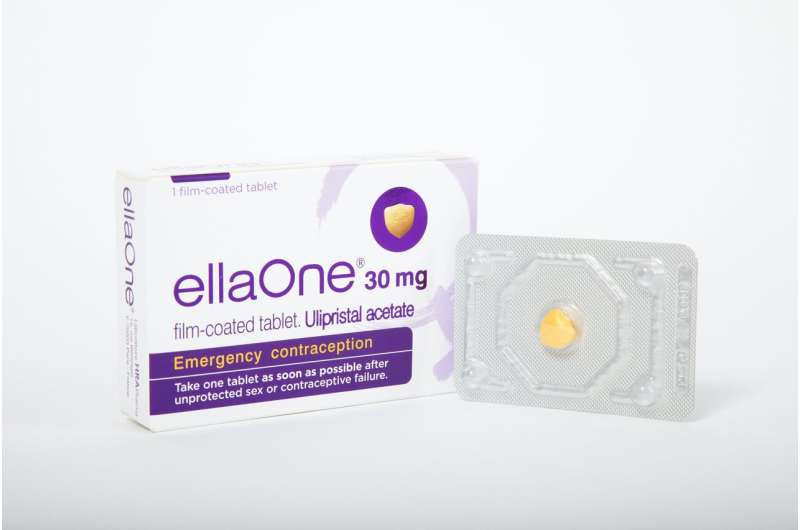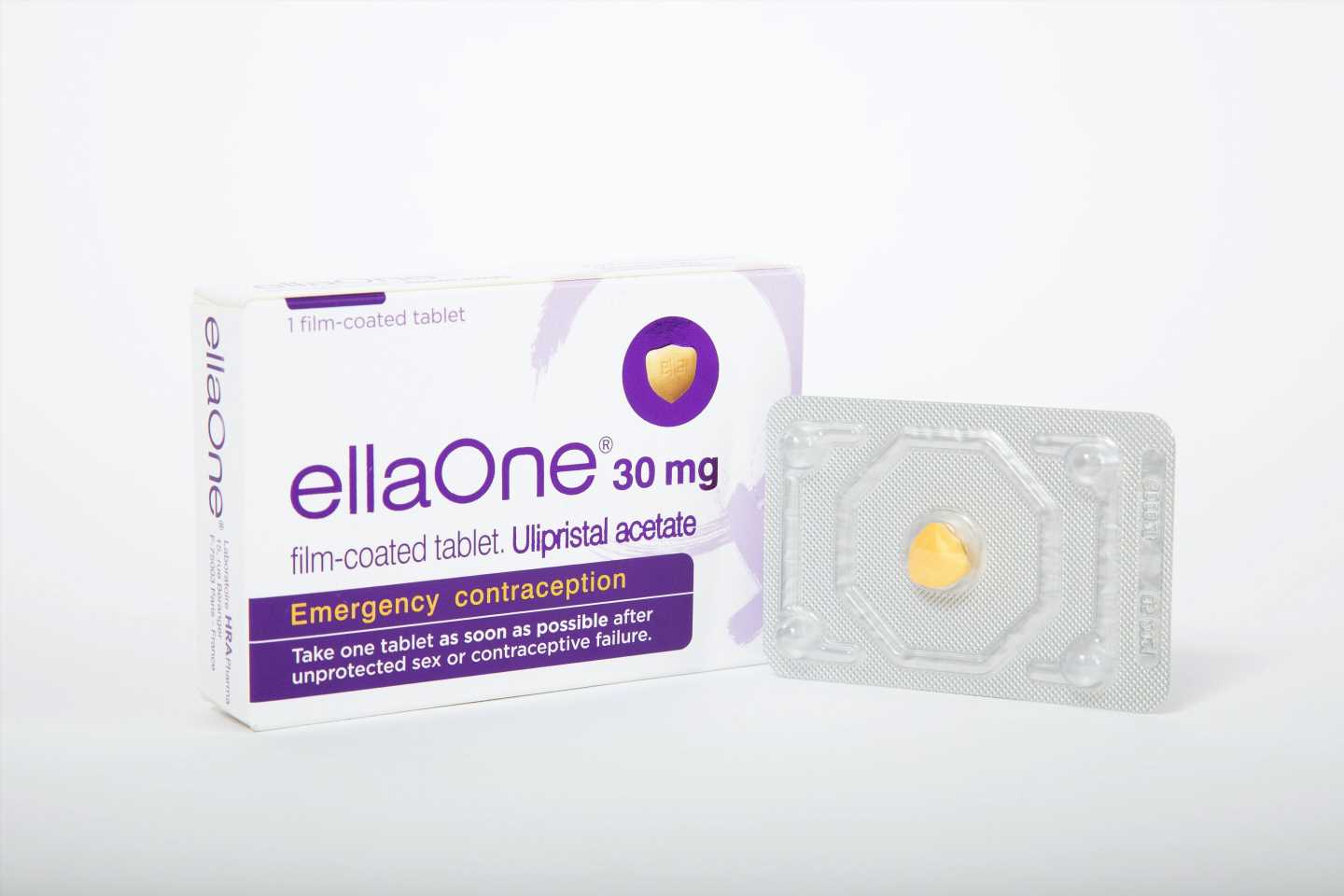
Medication abortion is expected to be the next major sticking point in the ongoing nationwide fight over abortion access, with advocates on both sides of the issue pointing to the pills as central to the debate in 2023.
Even before the U.S. Supreme Court earlier this year struck down the constitutional right to abortion solidified by Roe v. Wade, medication abortion accounted for more than half of all abortions in the United States, according to analysis by the Guttmacher Institute, a research and policy organization that supports abortion rights.
While medication abortion has always been a vital piece of abortion access, since Roe v. Wade was struck down, “medication abortion has become incredibly important for abortion access as abortion bans that have decimated abortion care across numerous states,” said Jenny Ma, senior counsel at the Center for Reproductive Rights.
“But we’re not the only ones who recognize the promise of medication abortion in improving access to abortion care, and that is why it is the target for the anti-abortion movement,” said Lorie Chaiten, senior staff attorney at the ACLU’s Reproductive Freedom Project.
Anti-abortion advocates sue FDA over abortion pill
The lawsuit: The conservative legal advocacy organization Alliance Defending Freedom filed a lawsuit Nov. 18 in federal court in Amarillo, Texas, in an attempt to reverse the FDA’s approval of mifepristone, a medication that can be used with another drug called misoprostol to end a pregnancy that is less than 70 days developed.
It’s unclear when the case will be heard.
The drug: The FDA approved mifepristone for medication abortion in 2000. The U.S. Department of Health and Human Services, the American Medical Association and the American College of Obstetricians and Gynecologists call mifepristone a safe and effective abortion medication and component of treatment and management for early pregnancy loss or miscarriage.
What anti-abortion groups say, Many anti-abortion advocates argue the drug comes with medical risks and should be pulled from the market, said Carol Tobias, president of the anti-abortion group National Right to Life.
What abortion rights supporters say, Nearly 5 million people nationwide have used mifepristone in the last 20 years, and their is a large body of research that supports its use, Ma said. “They’re seeking basically to remove this safe and effective drug off the market after it has enjoyed more than 20 years of medical proven medical record,” she said. “If they are successful in their lawsuit, it will unleash a public health crisis by removing health care options for millions of people.”
Students for Life turns to environmental laws to block abortion pill access
The anti-abortion group Students for Life of America filed a citizen petition asking the FDA to require providers who prescribe abortion pills to be responsible to disposing of the fetal tissue by bagging it and treating it as medical waste.
Ma said the petition “co-opts the environmental movement” and is “part of a new strategy that’s part and parcel of this more emboldened anti-abortion movement seeking to limit access to health care.”
“It’s an obvious effort to stigmatize the use of mifepristone and scare patients,” Chaiten said.
Democratic senators push FDA to expand abortion medication access
A group of Democratic senators sent a letter to the FDA in November urging the agency to take steps to expand access to medication abortion, for example, by lifting “any remaining medically unnecessary restrictions” on mifepristone and misoprostol.
State, local efforts to expect
As state legislatures prepare to convene, Ma said she expects more proposed bans on medication abortion care, as well as efforts to prohibit the mailing of medication abortion pills, ban telemedicine for medication abortions, and expand requirements only allowing certain providers to offer the pills.
But she said restrictions on medication abortion are nothing new, with more than 100 restrictions on medication abortion care introduced in state legislatures in just the first three months of 2022.
“It’s just truly appalling that state legislatures are working this hard to take away people’s abilities to make decisions about their own lives and to rob people of their health care,” Ma said.
Tobias from National Right to Life said anti-abortion advocates are also eyeing ways to prevent abortion pills from crossing over state borders to states with abortion bans.
“These medications have been pushed for a number of years as an alternative way to bring abortion to communities where there are no established clinics,” Tobias said. “…Now, it’s a way to go around, undermine and disregard those laws in states that do not allow abortions.”
Chaiten added she fears local ordinances may start restricting abortion care in localities of states that are generally supportive of abortion access.
(c)2022 USA Today
Distributed by Tribune Content Agency, LLC.
Source: Read Full Article
